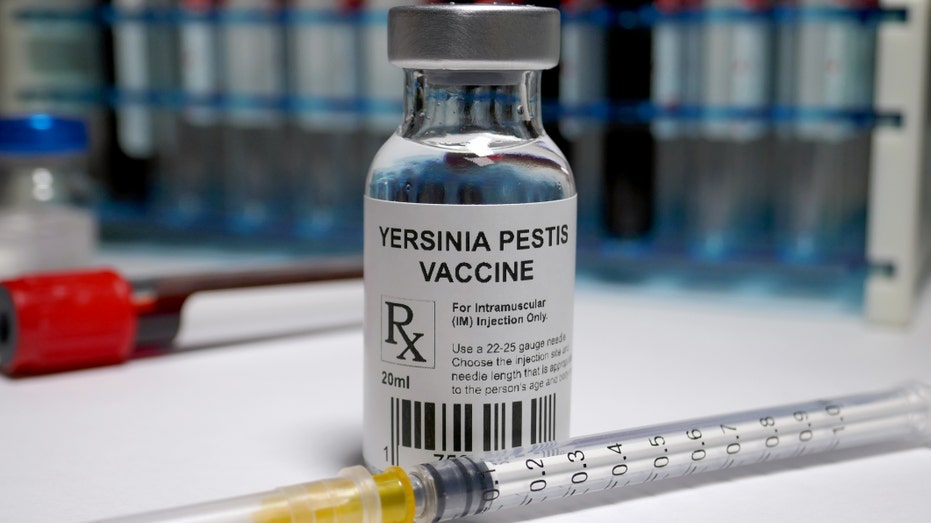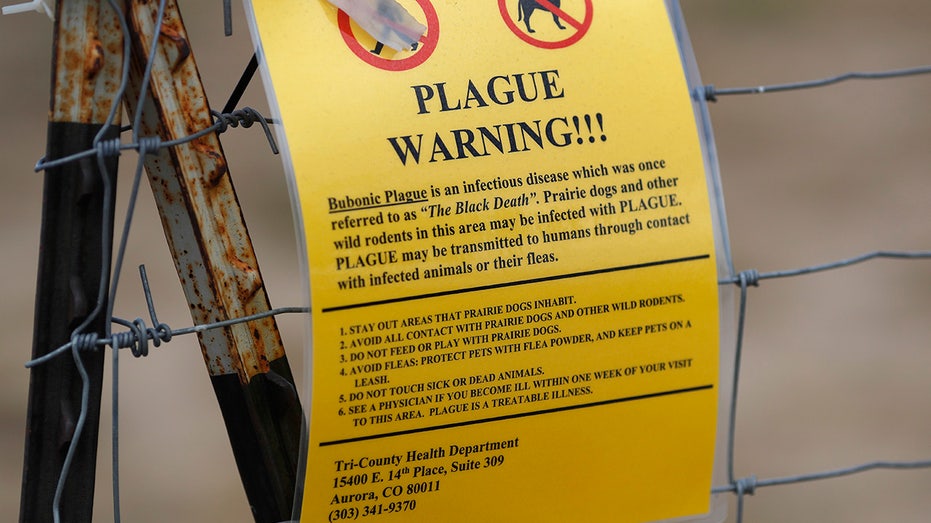Breakthrough mRNA Vaccine Achieves 100% Protection Against Deadly Plague Bacteria

Sarah Johnson
July 16, 2025
Brief
Israeli researchers develop a 100% effective mRNA vaccine against deadly pneumonic plague, marking a historic breakthrough in bacterial vaccine technology.
In a groundbreaking stride for medical science, researchers from Tel Aviv University, in collaboration with the Israel Institute for Biological Research, have unveiled a new mRNA vaccine that boasts 100% effectiveness against the deadly pneumonic plague, a severe lung infection caused by the Yersinia pestis bacterium. This marks the first time an mRNA vaccine has been developed to combat bacterial infections, a domain previously thought unattainable by this technology.
The pneumonic plague, notorious for its lethality and classified by the CDC as a 'Tier 1 select agent' due to its potential as a bioterror weapon, has no approved vaccine until now. According to Professor Dan Peer, a lead researcher in the study, even small doses of this bacterium can be fatal, and recent natural outbreaks underscore its persistent threat to humanity.
In animal trials, the results were nothing short of remarkable. Unvaccinated subjects succumbed within a week, while those administered with this innovative vaccine survived unscathed. A single dose offered full protection within two weeks, a testament to the vaccine's potency as reported in the journal Science Advances.
Unlike traditional mRNA vaccines used against viruses like COVID-19, which prompt human cells to produce viral proteins to train the immune system, this bacterial vaccine employs a novel approach. The team engineered bacterial proteins to trigger a robust immune response, stabilizing them with human protein segments to prevent rapid degradation in the body. This dual strategy has cracked open new possibilities in vaccine development.
While the vaccine's success in mice is promising, researchers caution that clinical trials in humans are the next critical step. Additionally, the vaccine relies on the lipid nanoparticle platform, necessitating cold chain logistics for storage, though efforts are underway to optimize formulations for room-temperature stability.
This breakthrough could herald a new era in combating bacterial diseases, particularly those resistant to antibiotics—a growing global health crisis. As antibiotic resistance diminishes the effectiveness of conventional treatments, this mRNA technology offers a rapid-response pathway to tackle bacterial pandemics. Beyond the plague, it paves the way for vaccines against other deadly, resistant bacteria, bolstering our defenses against bioterrorism and enhancing global preparedness for future outbreaks.
Topics
Editor's Comments
Well, folks, it seems science has just pulled a rabbit out of the hat with this plague vaccine—100% effective in mice! I guess even Yersinia pestis didn’t see this mRNA punch coming. But here’s the kicker: if bacteria are already plotting their bioterror comeback, they might want to update their resume. This vaccine could be their career-ender! Let’s hope human trials don’t turn into a medieval plague reenactment.
Like this article? Share it with your friends!
If you find this article interesting, feel free to share it with your friends!
Thank you for your support! Sharing is the greatest encouragement for us.






